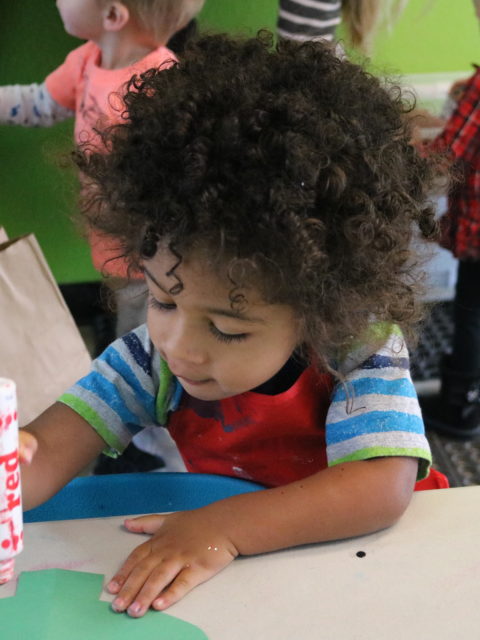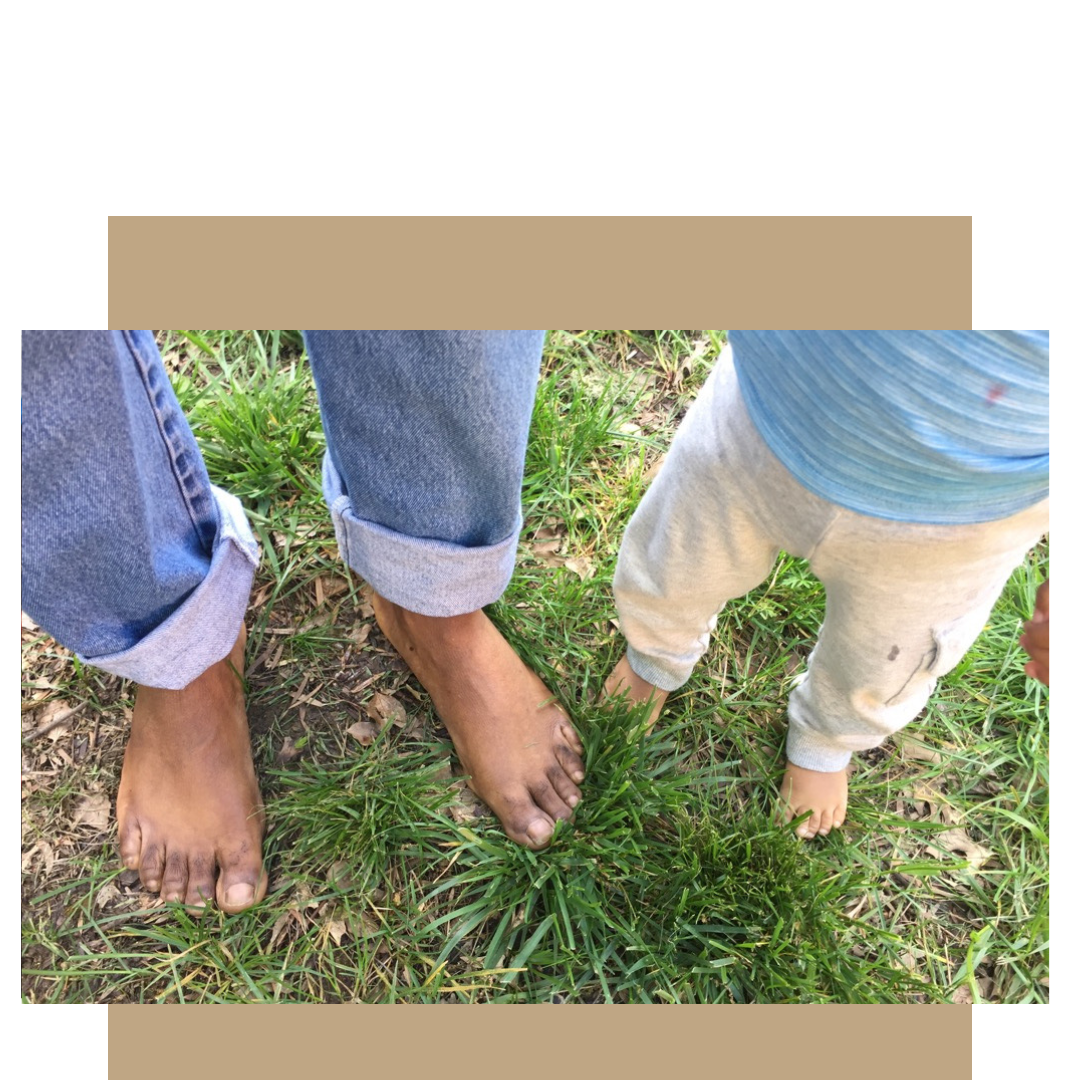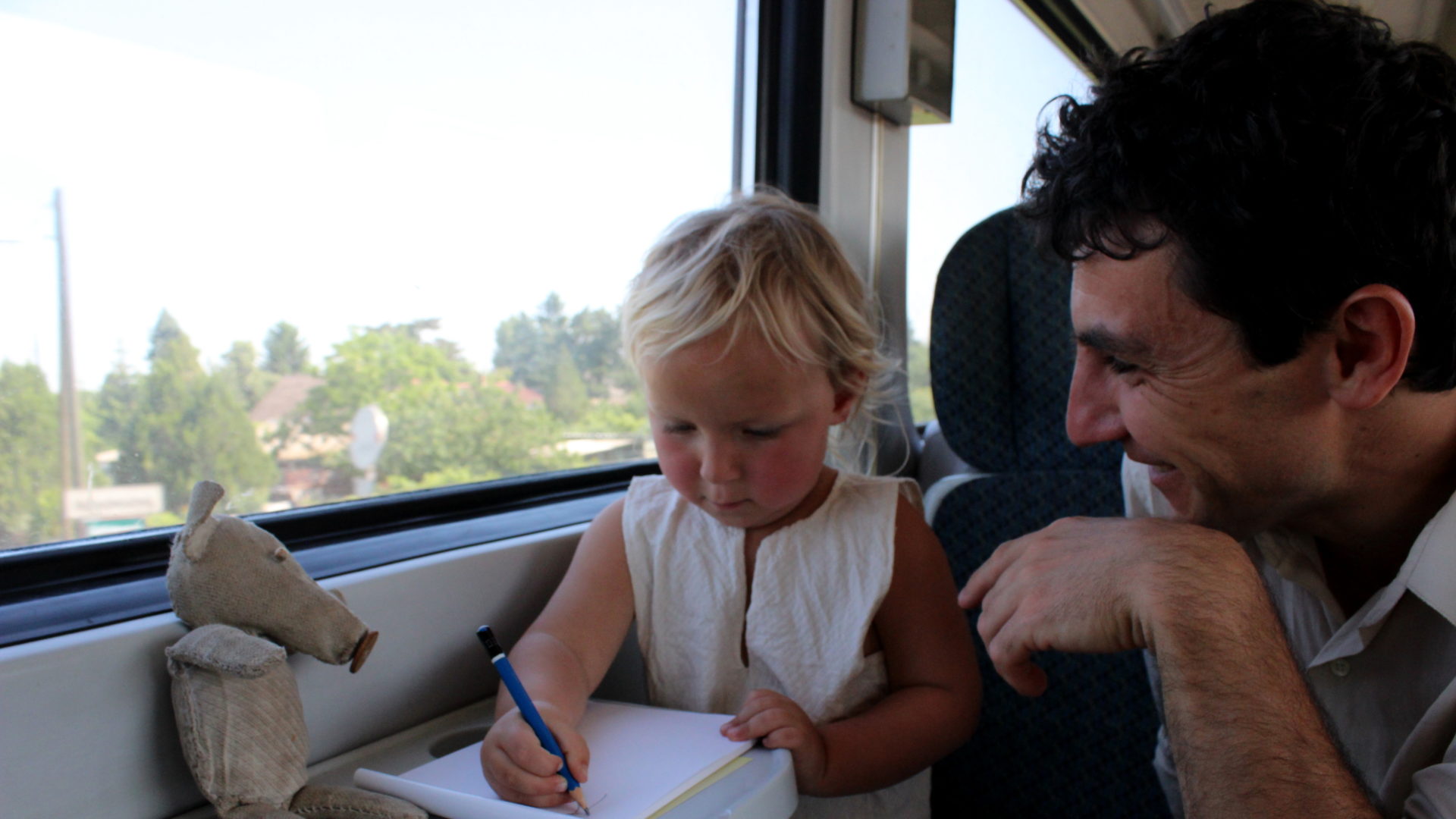 Looking for Sanity as a Parent? Try Self-Care
Looking for Sanity as a Parent? Try Self-Care
“Whatever you would have your children become, strive to exhibit it in your own lives and conversation” – Lydia Sigourney
We have all heard those age-old adages “you can’t pour from an empty pitcher”, or “you can’t love someone else until you love yourself.” What about the airplane security announcement about putting on our own oxygen mask before we help others? All of this sounds good in theory, but as parents, how many of us honestly take care of our own wellbeing before we attend to the needs of our children?
 I don’t know about you but for me, modern life as a parent can seem pretty stressful sometimes. I am a mom to two kids, one of whom has special needs. My days are a barrage of physical and speech therapy, IEP meetings, practicing fine motor skills, homework and health insurance battles, not to mention cooking, cleaning, and my paid employment. Sleep – what’s that? But it’s not only parents of kids with special needs that experience these challenges, nor just mothers, increasingly all parents face difficulties managing the competing demands of daily life.
I don’t know about you but for me, modern life as a parent can seem pretty stressful sometimes. I am a mom to two kids, one of whom has special needs. My days are a barrage of physical and speech therapy, IEP meetings, practicing fine motor skills, homework and health insurance battles, not to mention cooking, cleaning, and my paid employment. Sleep – what’s that? But it’s not only parents of kids with special needs that experience these challenges, nor just mothers, increasingly all parents face difficulties managing the competing demands of daily life.
 Not only are we expected to fill in the extra time from reduced school days, and provide our children opportunities to engage in art, physical education, and music that may have been cut from school district budgets, we are supposed to find time to work, cook at home and eat family dinners.
Not only are we expected to fill in the extra time from reduced school days, and provide our children opportunities to engage in art, physical education, and music that may have been cut from school district budgets, we are supposed to find time to work, cook at home and eat family dinners.
On top of all of this, we want to stay positive and cheerful. Sadly, our own physical and mental health can fall by the wayside as we struggle to coordinate all of the different areas of our kids’ lives. And when we don’t recharge our batteries, we fall short of our own expectations. But there’s no need to worry, caring for our children doesn’t need to come at the cost of our own wellbeing.
As early as 1989 researchers suggested the existence of parental burnout, similar to professional burnout, with symptoms including exhaustion, feelings of inefficacy and depression. A CNN article described a study published in Frontiers in Psychology showing that 13% of a survey of parents suffered from burnout. Parents that become burned out were often those that most highly valued being parents. The study attributed this to increased pressure on parents to be at their best at work and at home. Furthermore, the study found dads to be equally as susceptible as moms to the problem.
A powerful solution to prevent burnout is self-care – a simple concept that is not always easy to implement. Self-care is looking after our own individual needs on a physical, emotional, social and spiritual level. This includes eating healthful foods, acknowledging and attending to our emotions-both positive and negative-, engaging with others and building a network for social interaction and support. For me, it also involves setting aside time for mindfulness, rest and spiritual practice.
 The question is, why don’t we as parents prioritize our own self-care, knowing as we do, that we can’t give when our pitcher is empty?
The question is, why don’t we as parents prioritize our own self-care, knowing as we do, that we can’t give when our pitcher is empty?
Part, of the problem is that we mistakenly believe that taking time for ourselves shortchanges our children, which we can’t bear. But we shouldn’t see this as a win-lose situation. In fact, taking care of ourselves can help rewire the brain to promote our own success as parents.
As a student of Positive Psychology, I was fascinated to learn about neuroscience- specifically that we are all blessed with two brains, the “reptilian” or animal brain, and human brain (prefrontal cortex). Our animal brains are the seat of our animal instincts and survival modes, whereas the prefrontal cortex is where we exercise our human and advanced capacities, like rational decision-making. The pre-frontal cortex also contains those areas that are associated with feelings of love, contentment, joy, and happiness, which is what we want to feel in our role as parents.
In parenting, as in most areas, our brains are wired to be more responsive to the negative than to the positive. This is known as the negativity bias and has to do with our evolutionary development. The problem occurs when we view self-care practices as a threat to our children. This activates a stress response, and we are less able to carry out self-care and experience the benefits of joy and contentment.
Not getting enough sleep and poor nutrition further activates the stress response, which compounds the problem. On the other hand, self-care strengthens our rational brain; getting enough rest, eating healthfully, engaging in creative activities, and practicing gratitude all enhance our capacity to care for our children and avoid feeling frazzled and insane.
Despite sounding nice and feeling good, research has shown the value of this approach. A University of Vermont study showed that among 600 parents of children aged 3-17, parents who engaged in mindfulness practiced more positive parenting behavior. The wellbeing of parents was found to be related to fewer behavior problems among children. In other words, children whose parents engage in self-care benefit from more grounded and engaged parents, and this is where opportunities for joy arise.
Thus, self-care is not about neglecting our children’s needs. In fact, it ultimately improves our ability to be good parents. It can help improve brain function and result in better health and longevity. If we take better care of ourselves, not only do we have increased levels of energy and better emotional response to our children, we also provide them an example of how they should value and care for themselves; we model it for them. By doing it ourselves we teach them through our own actions, and we can become the source of strength and positivity that we want to provide for them.
How have you been able to integrate self-care into your life as a parent, and how do your children benefit?
This guest post is provided by Emily Felt who blogs at Quotidian Wisdom. Her site is all about finding inspiration in everyday life and doing mindful things to be a better human being. Please follow @Quotidianwisdom on Twitter.




